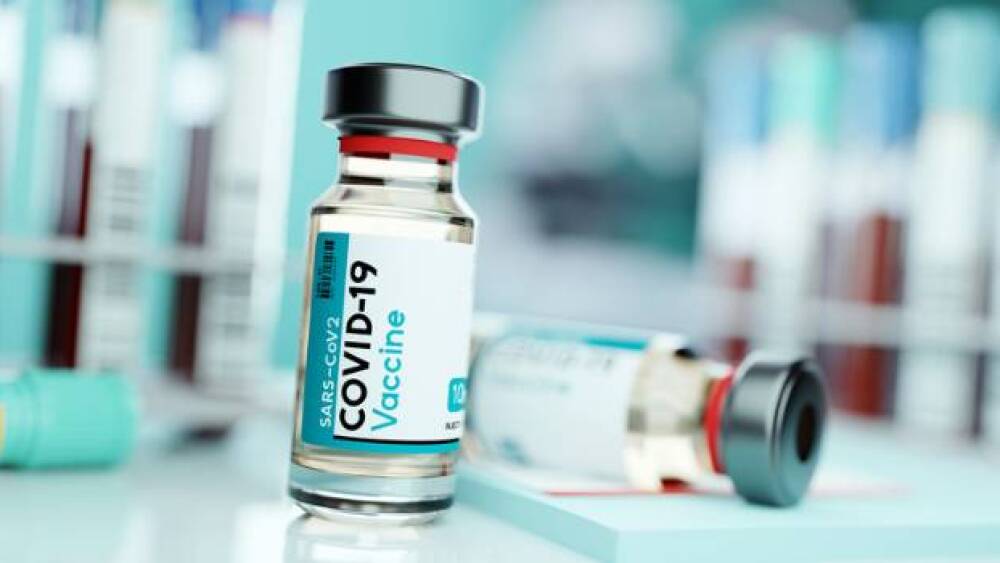Pfizer and BioNTech reported positive data Friday from their Omicron BA.4/BA.5-adapted bivalent booster. This followed a similar announcement by Moderna Monday.
Courtesy of Getty Images
Pfizer and BioNTech reported positive data on the preprint server bioRxiv Friday from their Omicron BA.4/BA.5-adapted bivalent COVID-19 booster.
A month after injection with the booster, “neutralizing antibody titers against emerging Omicron sublineages increased 3.2- to 4.8-fold compared to the companies’ original COVID-19 vaccine,” the partners announced.
Additionally, neutralizing antibody titers against Omicron sublineages BA.4.6, BA.2.75.2, BQ.1.1, and XBB.1 increased 4.8- to 11.1-fold from pre-booster levels.
This follows Moderna‘s Monday announcement that its dual-pronged COVID-19 booster elicited a stronger immune response against Omicron and its subvariants than the original.
Results from over 500 adults in a Phase II/III trial showed greater antibodies against the coronavirus were generated after this shot in comparison to the first.
In September, both Moderna and Pfizer/BioNTech received emergency use authorization from the FDA for the updated boosters, which touted broader protection against the latest strains.
The approvals were unprecedented in that the companies had no in-human data proving efficacy as yet.
The boosters were approved after the FDA evaluated data from mouse studies in addition to human trial results from a similar vaccine targeting the original Omicron strain, BA.1.
At the time, Paul Offit, M.D., a member of the FDA’s vaccine advisory committee and vaccine expert at Children’s Hospital of Philadelphia, told BioSpace that though the data was presented to the committee in the right way, it was “not likely to [provide] a clinically meaningful benefit” in people.
Offit additionally expressed concern over the lack of human data for either of the bivalent vaccines in humans, which he said could be gathered in about a month.
Now, that data is in. But just how important is it?
A recently published study of 2139 participants in a West Virginia nursing home called into question the actual protection against Omicron variants when antibody levels were restored with booster doses. The results were published this Fall in the journal Infectious Diseases.
“No significant association was found between antibody level and infection observed during the Omicron surge,” and “data are not conclusive in providing an antibody correlate of protection against infection,” the researchers wrote.
It is worth noting that this study was done using the original SARS-CoV-2 vaccines from Pfizer-BioNTech, Moderna and Johnson & Johnson.
Studies such as one done at Beth Israel Deaconess Medical Center in 2021 evaluating the immunogenicity of the J&J vaccine point to the critical and complementary role of the T-cell to elicit long-lasting immune responses.
Only time and more real-world data will tell.





